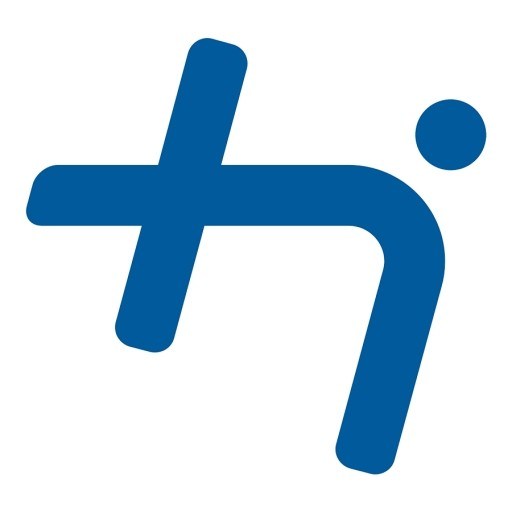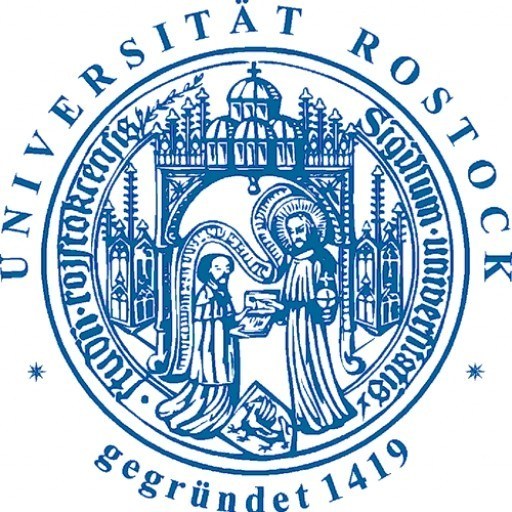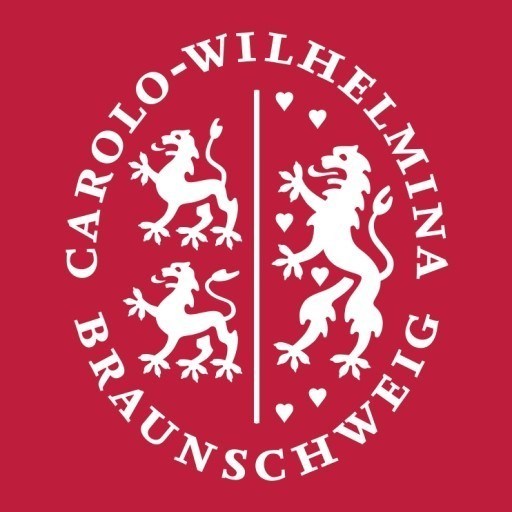Photos of university / #fu_berlin
The Master's Degree Programme in Computational Sciences at the Free University of Berlin offers an interdisciplinary and research-oriented education designed to prepare students for advanced analytical and computational challenges across various scientific disciplines. This program integrates principles from computer science, applied mathematics, and domain-specific sciences such as physics, biology, and engineering, enabling graduates to develop and apply sophisticated computational methods to solve complex scientific problems.
Throughout the program, students gain a comprehensive understanding of algorithms, data structures, numerical methods, statistical modeling, machine learning, and high-performance computing. The curriculum is carefully structured to combine theoretical foundations with practical applications, providing hands-on experience through project work, laboratory exercises, and collaborative research projects. Emphasis is placed on developing the skills necessary for modeling, simulation, data analysis, and visualization, which are essential tools in modern scientific research and industry.
The program offers specialized modules in areas such as computational physics, bioinformatics, computational chemistry, and data science, allowing students to tailor their studies toward their individual interests and career goals. Collaboration with research institutes and industry partners provides students with real-world experience and insight into cutting-edge developments in computational science. The university's state-of-the-art facilities, including high-performance computing clusters and dedicated laboratories, support innovative research and learning.
Graduates of the Computational Sciences Master's Programme are equipped to pursue careers in academia, research institutions, technology companies, or industrial R&D departments. They are prepared to contribute to advancements in scientific understanding, technological innovation, and data-driven decision-making. The program also serves as a solid foundation for those intending to undertake doctoral studies in computational and data sciences.
With a curriculum designed to foster critical thinking, problem-solving, and interdisciplinary collaboration, the Master’s in Computational Sciences at the Free University of Berlin aims to produce versatile scientists capable of addressing the computational challenges of the 21st century. The program emphasizes both theoretical knowledge and practical expertise, ensuring graduates are well-prepared for the rapidly evolving landscape of science and technology.
The four-semester master's program combines theoretical and application-oriented contents and is divided into the following four components:
- Synchronization: Learning fundamental methods of computational sciences and establishing an interdisciplinary profile from courses that were not worked on in the respective bachelor’s degree program
- Scientific computing: Setting a priority in numerics, statistics, or computer science
- Specialization: Focus on one of the three scientific fields: molecular sciences, geosciences, or atmospheric sciences
- Master’s thesis: Writing up a research project in the field chosen for specialization
The admissions requirement for the Master’s program is a first university degree in one of the following programs or the equivalent degree from a German higher education institution or one outside Germany:
- Bachelor program in:
- Chemistry of the Department of Biology, Chemistry, Pharmacy at the Freie Universität Berlin including at least 10 credit points (CP) in mathematics and at least 8 CP in physics
- Physics of the Department of Physics at the Freie Universität Berlin
- Geological Sciences of the Department of Earth Sciences at the Freie Universität Berlin
- Meteorology of the Department of Earth Sciences at the Freie Universität Berlin including at least 10 CP in mathematics
- Geographical Sciences of the Department of Earth Sciences at the Freie Universität Berlin including at least 10 CP in mathematics
- Mathematics of the Department of Mathematics and Computer Science at the Freie Universität Berlin including at least 20 CP in computer science, chemistry and/or physics
- Computer Science of the Department of Mathematics and Computer Science at the Freie Universität Berlin including at least 20 CP in mathematics, chemistry and/or physics
- Engineering Sciences including at least 20 CP in mathematics, chemistry and/or physics
- Proficiency in English (level B1 CEFR or equivalent) is required.
Proficiency in German is not required.
Admission to this program is restricted.
The financing options for the Computational Sciences master's program at Freie Universität Berlin primarily include a combination of public funding, scholarships, student loans, and personal financial resources. As a public university in Germany, tuition fees are generally not charged for international and domestic students, which significantly reduces the financial burden associated with pursuing this degree. However, students are required to cover living expenses, health insurance, study materials, and other personal costs.
The German government, through the Federal Student Financial Aid Office (BAföG), offers financial support to eligible students, including international students under certain conditions. BAföG provides grants and low-interest loans that do not need to be repaid until after graduation, ensuring that students can focus on their studies without immediate financial hardship. Applicants must meet specific eligibility criteria, including income limits and academic progress.
In addition to government aid, numerous scholarship opportunities are available for international students. Organizations such as DAAD (German Academic Exchange Service) offer merit-based scholarships for students pursuing master's degrees at German universities, including those in computational sciences. These scholarships can cover tuition fees, living expenses, or both, and often include additional benefits like research grants or conference participation funding.
Part-time employment is another common financing strategy. International students at Freie Universität Berlin are permitted to work part-time, usually up to 120 full or 240 half days per year, providing an additional income source. The university's career services and job portals facilitate finding suitable part-time positions within Berlin and the wider region.
Many students also rely on personal savings, family support, or funding from their home countries. Some students may also obtain private loans or sponsorships from their home governments or private organizations.
Overall, financing a master's degree in Computational Sciences at Freie Universität Berlin involves leveraging a mix of scholarships, governmental aid, part-time work, and personal funds. The university provides extensive guidance through its student advisory services to help applicants identify suitable financial aid options and plan their budgets accordingly. Given the affordability of education in Germany and the availability of various funding mechanisms, students can pursue their studies with manageable financial planning and support.
The Bachelor's degree program in Computational Sciences at the Free University of Berlin offers students a comprehensive education at the intersection of computer science, mathematics, and natural sciences. This interdisciplinary program is designed to equip students with the theoretical knowledge and practical skills necessary to model, simulate, and analyze complex systems across various scientific disciplines. Emphasizing problem-solving, computational methods, and algorithm development, the curriculum prepares graduates for careers in research, industry, and technology development. Students gain a strong foundation in programming, numerical analysis, data structures, and algorithms, alongside specialized courses in scientific computing, data analysis, and modeling techniques. The program also encourages the development of analytical thinking, quantitative skills, and the ability to work on multidisciplinary projects. Learning is supported by modern laboratories and computing facilities, fostering an environment where students can apply learned concepts to real-world challenges. The program includes practical components such as internships, project work, and collaborative research projects, often with local or international partners. Graduates of this program are well-prepared to pursue further academic studies or enter professional fields like software development, data science, simulation engineering, and scientific research. The university’s strong emphasis on research and innovation ensures that students are engaged with current developments in computational science, making the program highly relevant in today’s digital and data-driven world. The language of instruction is primarily German, with some courses potentially available in English, especially in research-focused modules. Overall, the program aims to develop versatile, highly competent computational scientists capable of addressing complex scientific problems through advanced computing techniques.









